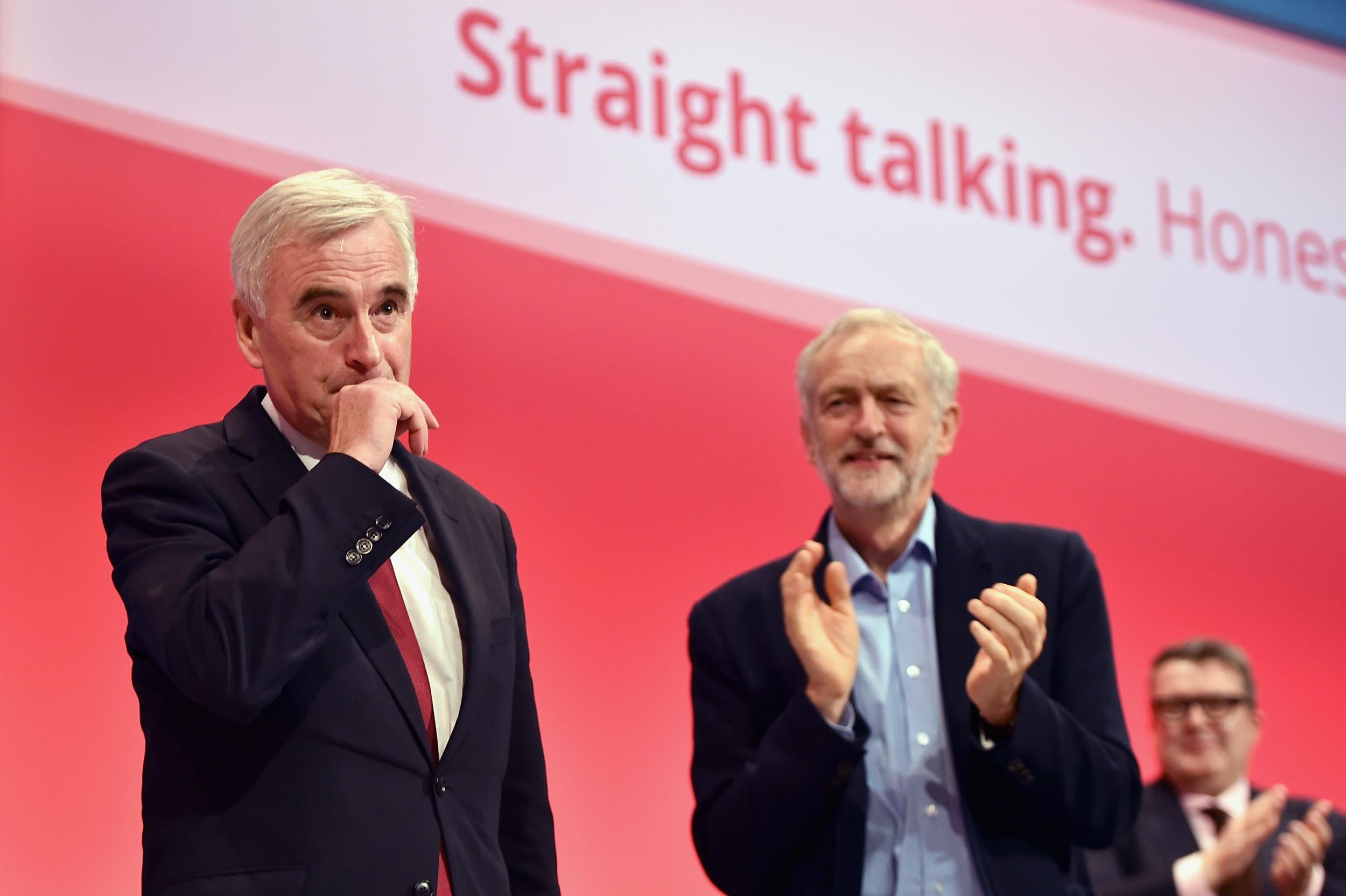As the pregnant mother of a four-year-old, these are the reasons I decided to support Jeremy Corbyn today
Forcing companies to publish pay audits, putting workers on the board or topping up the hours of free childcare currently available for three- and four-year-olds is great. But what is needed are radical policies that genuinely address the reasons women find themselves earning less than men

I'm 37 weeks pregnant. I'm hot, tired and uncomfortable. The thing that is most bothering me, though (other than ensuring that the new arrival is healthy), is the astronomical cost of childcare once I return to work, and how I'm going to afford it on top of childcare for my four-year-old. Today, Jeremy Corbyn unveiled a policy for universal free childcare – and for me, that’s reason enough to support him on its own.
The cost of childcare has become a major political issue. In 2015, the Conservatives trumped Labour in offering 30 hours of free childcare, double the 15 hours currently available to two- to four-year-olds and five hours more than Ed Miliband was offering. But neither of these policies went far enough.
I enjoy my job. I want to get back to work, and I can’t afford not to. As a working mother I am a role model for my sons. The Treasury gets a better deal out of me when I work and pay taxes. Working is good for my self-esteem and I like to think I do a good job for my employer. But at £50 to 75 a day for just one child, the cost of childcare leaves me wondering whether it's financially worth it.
This issue is intrinsically linked to the role of women, and more specifically mothers, in the workplace. The “motherhood penalty” has been cited time and again as one of the key reasons for the gender pay gap. Some women are kept out of the workplace altogether, at least until their children reach school age, and this impacts the quality of work available to those women and the seniority they will reach in their role compared to their non-maternal colleagues.
Forcing companies to publish pay audits, putting workers on the board or topping up the hours of free childcare currently available for three- and four-year-olds is great. But what is needed are radical policies that genuinely address the reasons women find themselves earning less than men. Universal childcare breaks down not only some of the gender inequalities faced by working mothers, but some of the class barriers too. As a universal benefit all parents have access to the same amount of free childcare.
This is an important point when considering the quality of childcare that parents – and, more importantly, working class parents – have access to. If you are a high earner you can afford a nanny, someone who comes to your home and gives one-on-one, personal care to your children. The bottom line is that if we want our children to have a good start in life, then the care provided to them, whether by parents or employed carers, should be of a high quality. By ensuring everyone has the same access to the cost of childcare, we stand a much better chance of ensuring that childcare providers can be chosen based on quality, not simply cost.

Intrinsically linked to all of this, and often forgotten, is the issue of the mental health of mothers – and parents more generally. Postnatal depression, something I have suffered with myself, can be linked to financial worries around the cost of having children. Returning to work after being on maternity leave and having to find a care provider, and then leaving your small child with someone who is effectively a stranger, is tough. Making childcare choices based on quality over affordability would ease the burden of some of these issues.
The offer of universal childcare could also help build childcare provision outside of the usual 8am to 6pm time frame. This is something that could directly benefit lower-waged working parents who often work shifts or unsocial hours.
Universal childcare is about so much more than simply a financial benefit to working parents. It's about how we value the education and quality of care available to pre-schoolers, and how we value the role of working parents and more specifically women in the workplace. Even more than that, it’s about wanting to build a world of work where no one is restricted from using their full range of skills and talents, and building a society where we value the wellbeing of our citizens, not forgetting some of our most important citizens: our children.
Join our commenting forum
Join thought-provoking conversations, follow other Independent readers and see their replies
Comments
Bookmark popover
Removed from bookmarks